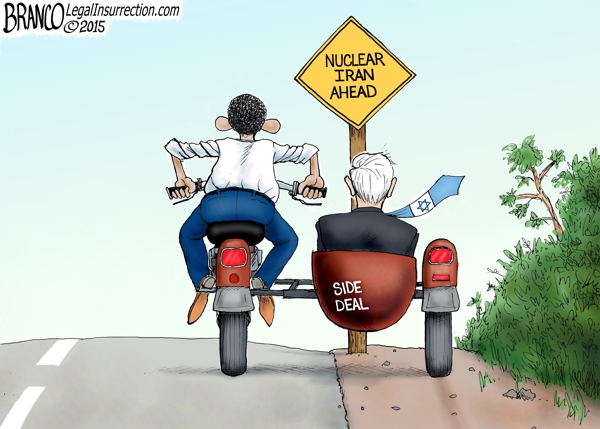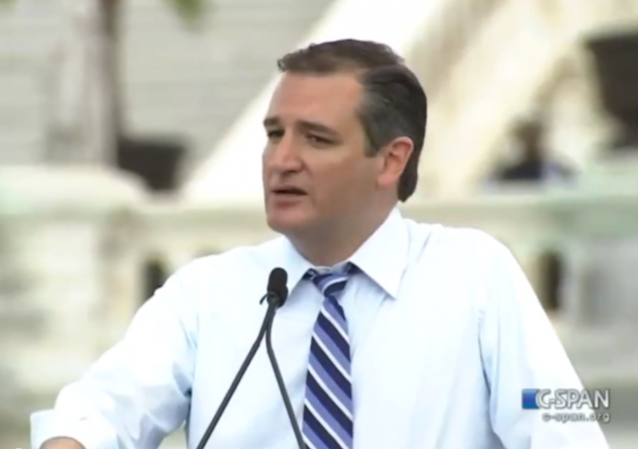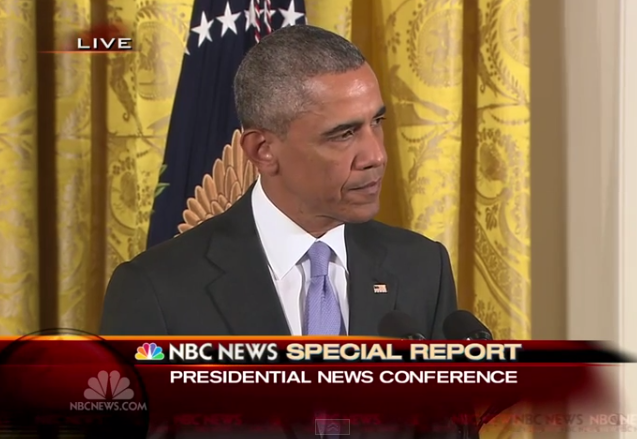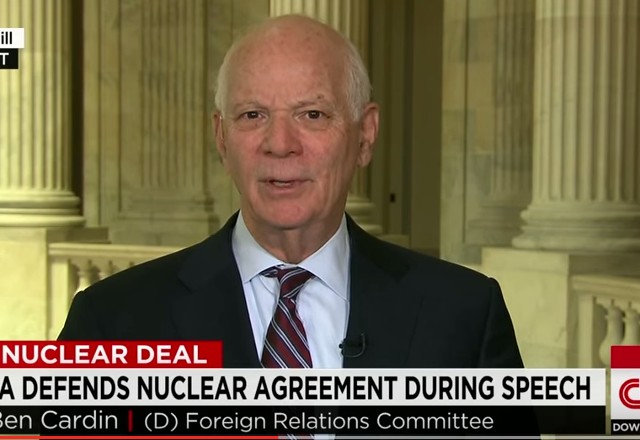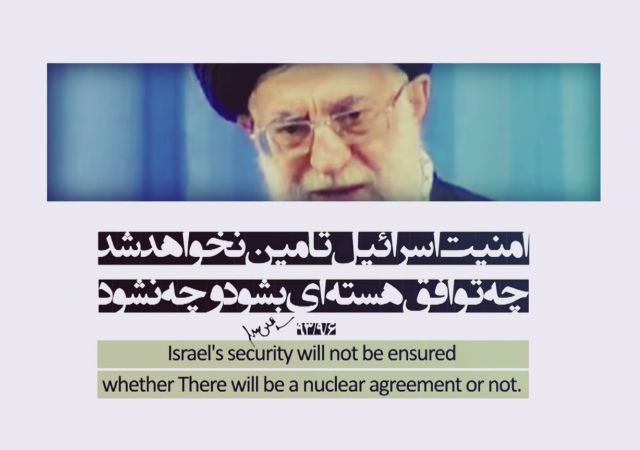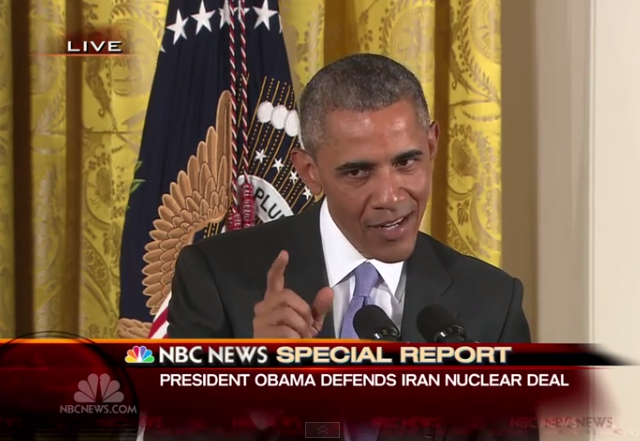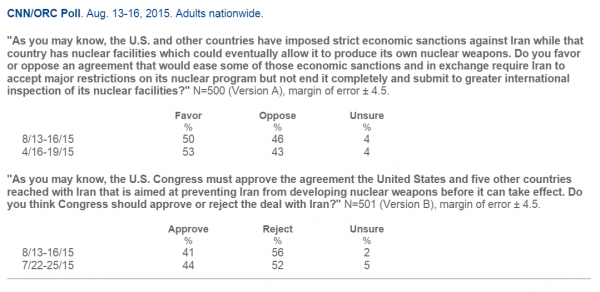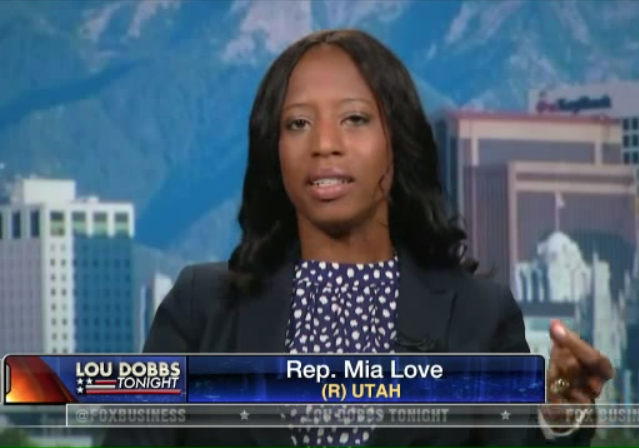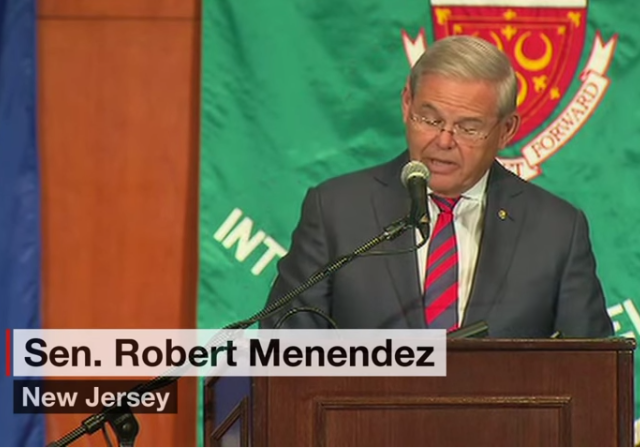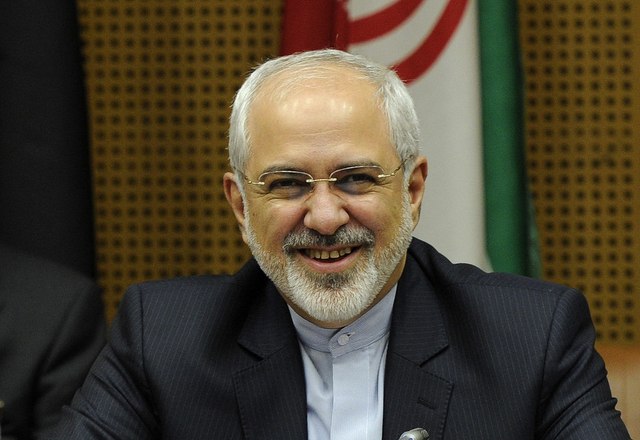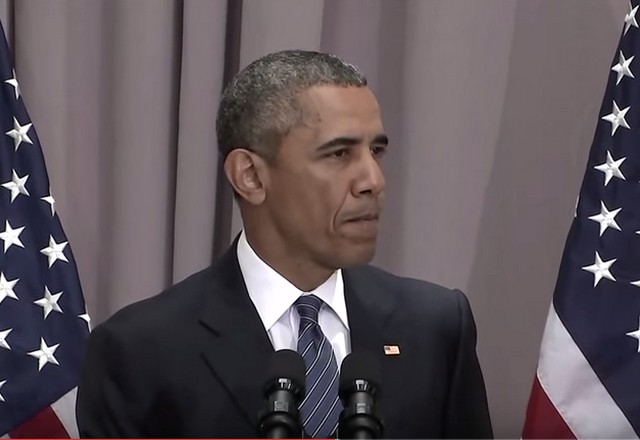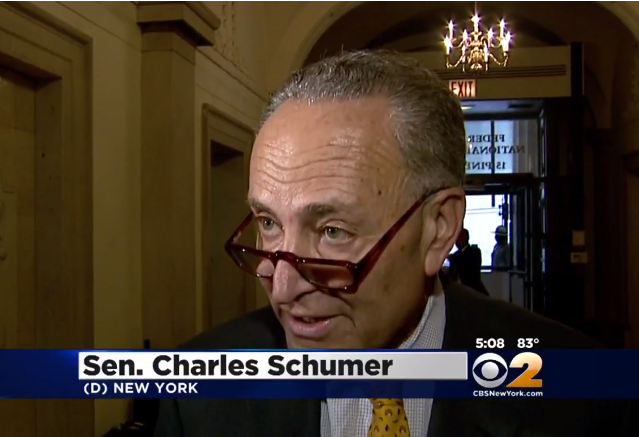Congressional ‘Jew Tracker’ Comes to the New York Times
on September 10, 2015
28 Comments
Just in case you were wondering, no, this is not from The Onion. I know it's hard to tell these days, but this is an actual thing that happened.
According to Adam Kredo at the Washington Free Beacon, the New York Times has provided a nifty new tool, a Congressional 'Jew Tracker.'
The New York Times has come under fire from Jewish organizations for launching a website aimed at tracking how Jewish lawmakers are voting on the Iran nuclear agreement. The online chart, which tracks whether lawmakers who opposes the accord are Jewish, is being criticized as anti-Semitic in nature and an attempt to publicly count where Jews fall on the issue, which some have sought to turn into a debate about dual loyalty to Israel. The feature, titled “Lawmakers Against the Iran Nuclear Deal,” includes a list of legislators currently opposing the deal.On the outset, the NYT article seems harmless enough, "Lawmakers Against the Iran Nuclear Deal," it's called. But then there are the charts...

